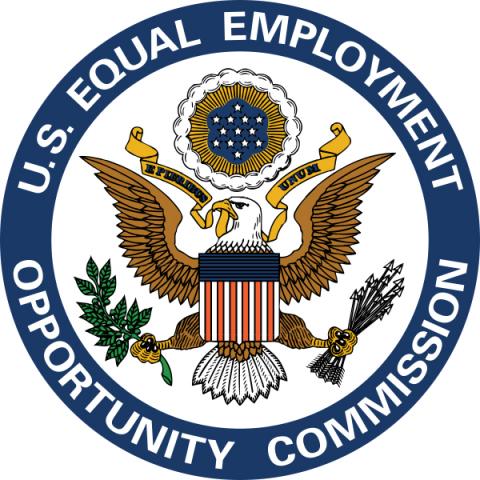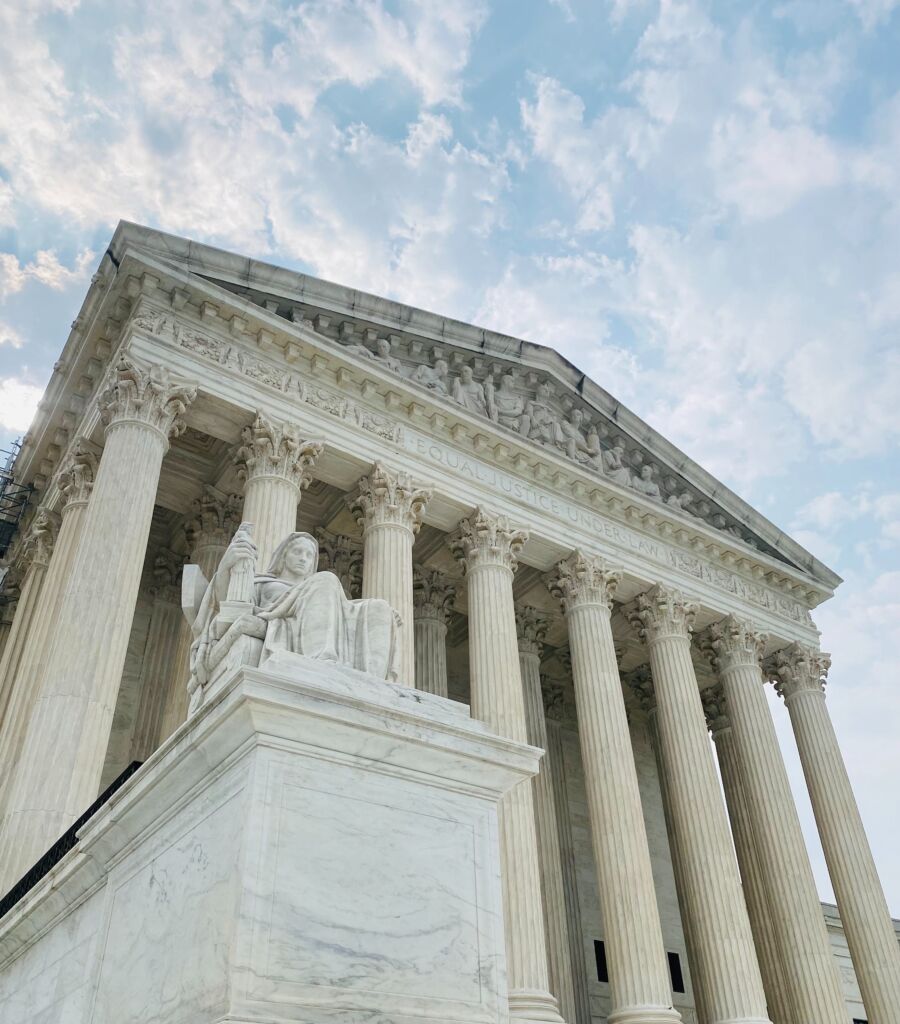The Family and Medical Leave Act (FMLA) grants specific employees the entitlement to take up to 12 weeks of unpaid, safeguarded leave each year for distinct family and medical reasons. Formulated to assist employees in harmonizing family obligations with work commitments, the FMLA enables individuals to take reasonable unpaid leave without jeopardizing their group health benefits while enforcing employers to maintain these benefits. In cases where employers violate their legal obligations under the FMLA, they may be held responsible for their behavior.
At The Spiggle Law Firm, our team possesses the expertise and experience required to thoroughly assess your situation, explore all potential legal remedies, and guide you in pursuing the most suitable course of action to attain the most favorable outcome possible. We bring years of experience in protecting the rights of Arlington residents and ensuring employers are held accountable for their actions.
Are You Covered Under the Family Medical Leave Act?
The Family and Medical Leave Act pertains to private employers with 50 or more employees, public agencies, and educational institutions. These entities are obligated to provide up to 12 weeks of leave annually, safeguarding an employee’s job position. This entitlement is extended to employees who fulfill the following criteria:
- Worked for the employer for at least 12 months
- Worked at least 1,250 hours during the previous 12 months immediately preceding the start of the FMLA leave
- Worked at a location where the employer has 50 or more employees within 75 miles
Once an employee fulfills the qualifications mentioned above, they are eligible to request a maximum of 12 weeks of unpaid leave for any of the following reasons:
- For the birth and care of a newborn child
- For the placement of a child for adoption or foster care
- For the supervision of an immediate family member (spouse, child, or parent) with a severe health condition
- For the inability to work due to a severe health condition
- For qualifying demands arising from the fact that the employee’s spouse, child, or parent is on active duty or has been called to active duty as a member of the National Guard or Reserves
It’s crucial to emphasize that the FMLA ensures job security for the duration of the leave, and eligible employees are guaranteed the right to return to either their previous position or an equivalent one upon the conclusion of their leave. Nonetheless, it’s essential to understand that FMLA leave is unpaid, meaning employers are not obligated to offer compensation for the time taken off during this period.
FMLA Employer Interference: Know Your Rights
Employers are legally obliged to adhere to the provisions of the FMLA when an employee fulfills the qualifying conditions and possesses valid reasons for taking leave. Regrettably, some employers attempt to curtail or obstruct the implementation of the FMLA and the protected leave it grants to employees. Here are several instances of how they might seek to discourage or impede employees from utilizing their FMLA rights:
- Pestering you to shorten your leave
- Cutting off your insurance from the company
- Withholding benefits after you return to work
- Talking you out of taking time off
- Delaying your return to work
- Placing you in a different role on your return
- Demanding more notice than FMLA standards
- Denying FMLA leave that should have been granted
- Threatening you for seeking FMLA leave
- Suggesting job loss if you take FMLA leave
- Miscounting hours worked for FMLA eligibility
If your employer is attempting to prevent you from taking FMLA leave or is interfering with your FMLA rights, consult with a lawyer who specializes in employment law. Discussing your situation with legal counsel allows them to assess your rights and specific circumstances. They can then guide you on the appropriate actions to safeguard your rights and navigate the situation effectively.
What to Do If Your Employer Violates Your FMLA Rights
The initial step is to assess your eligibility to ensure you meet the criteria for FMLA. Should you meet the requirements and your employer persists in neglecting or obstructing your request, the following steps are recommended:
- Request an explanation: Reach out to your employer and formally ask for a written explanation regarding their denial or interference with your FMLA request. This documented correspondence will serve as evidence of their position.
- Seek legal counsel: If your employer fails to provide a satisfactory explanation or continues to hinder your request, it is essential to consult a legal expert.
Your attorney will consider their interference, your rights, and any supporting evidence before advising on the optimal course of action. Confronting an employer’s attempt to deny your FMLA can be a challenging endeavor without the guidance of a qualified FMLA attorney.
Contact an Experienced FMLA Lawyer at The Spiggle Law Firm
Dealing with an employer’s interference while seeking protected leave due to specific circumstances can be incredibly frustrating. By teaming up with The Spiggle Law Firm, you’ll have access to seasoned Arlington FMLA attorneys who are prepared to vigorously champion your cause and uphold your rights. With decades of collective experience in handling complex employment law issues, we are dedicated to pursuing justice and equitable treatment.
Through our established process of achieving success and our deep-rooted connection with our community, we tirelessly strive to secure the most favorable outcome for your case. To explore how we can potentially assist you, call us at (202) 449-8527 or complete our contact form for a free case review.





